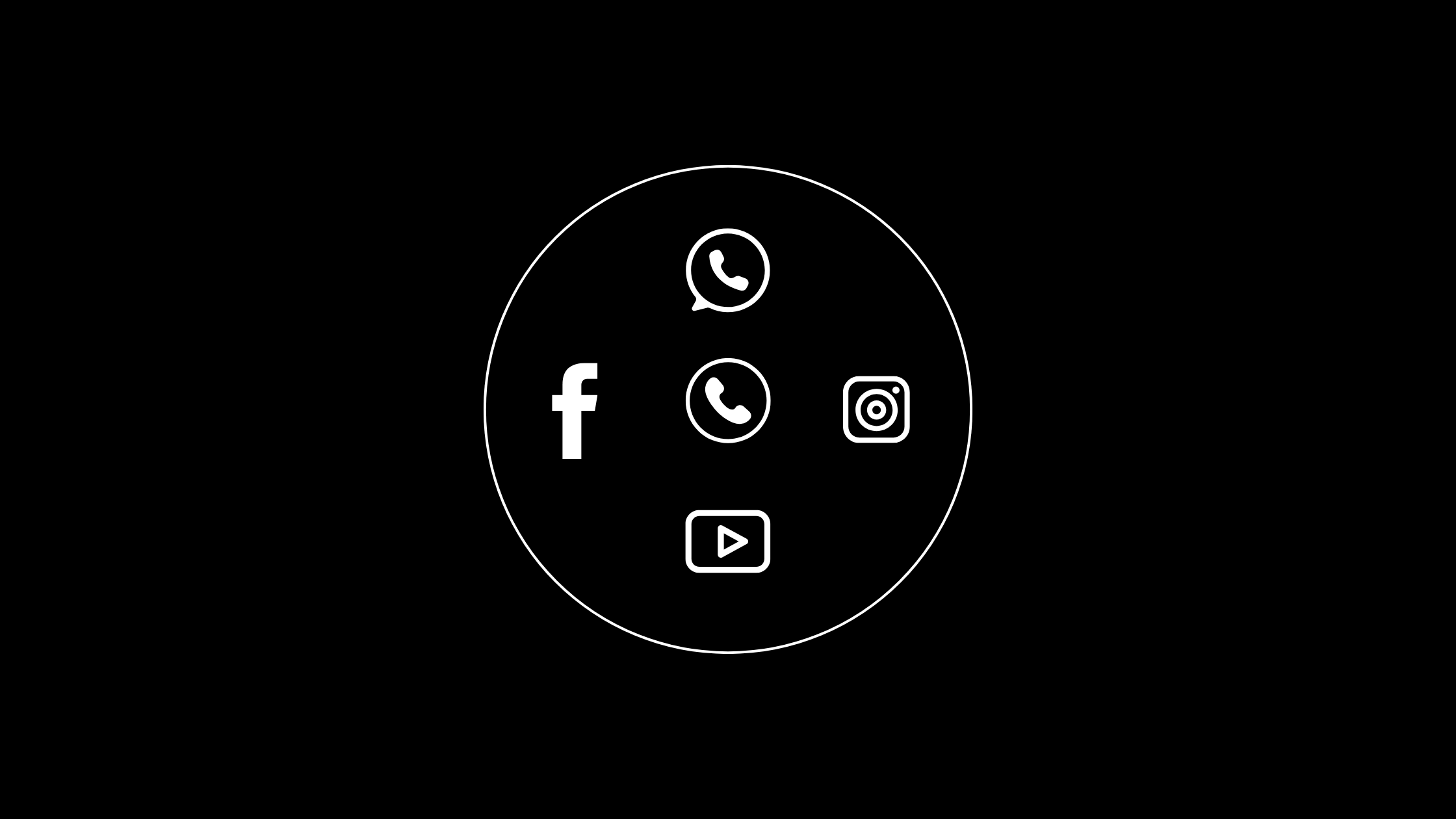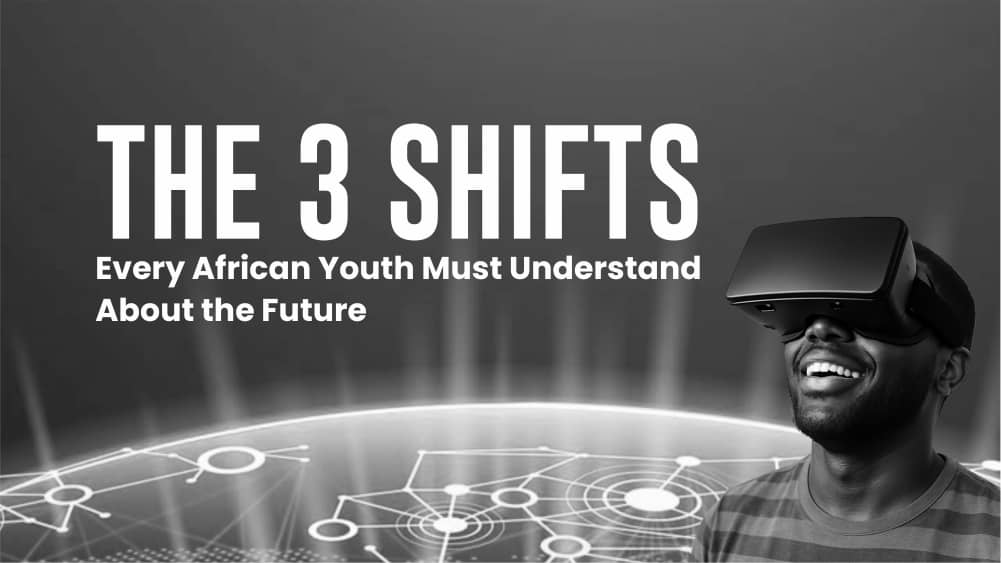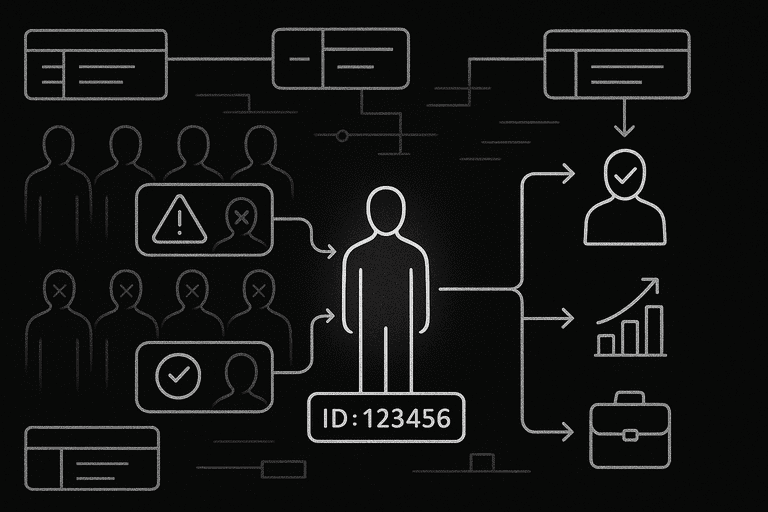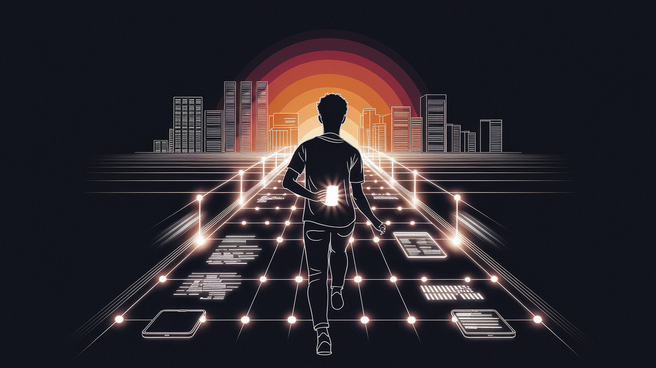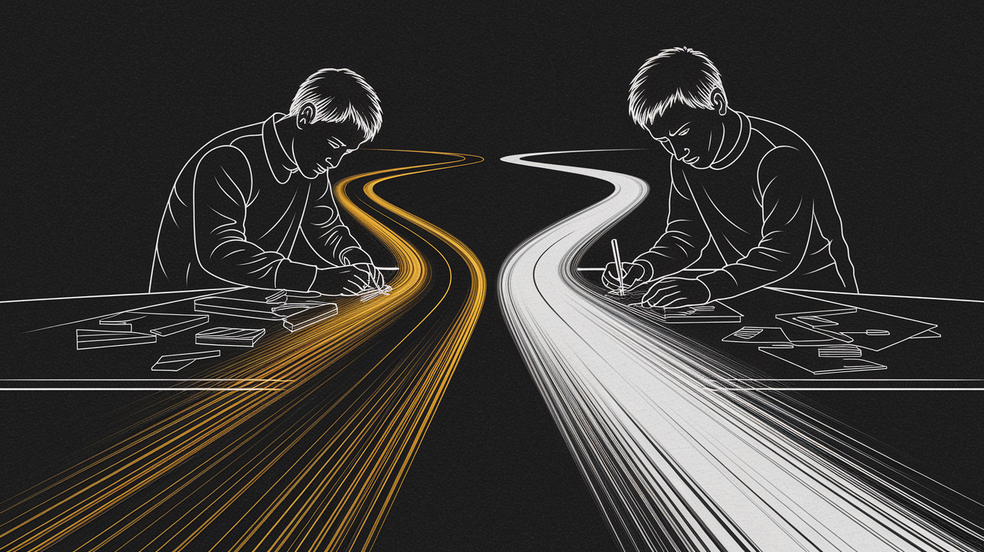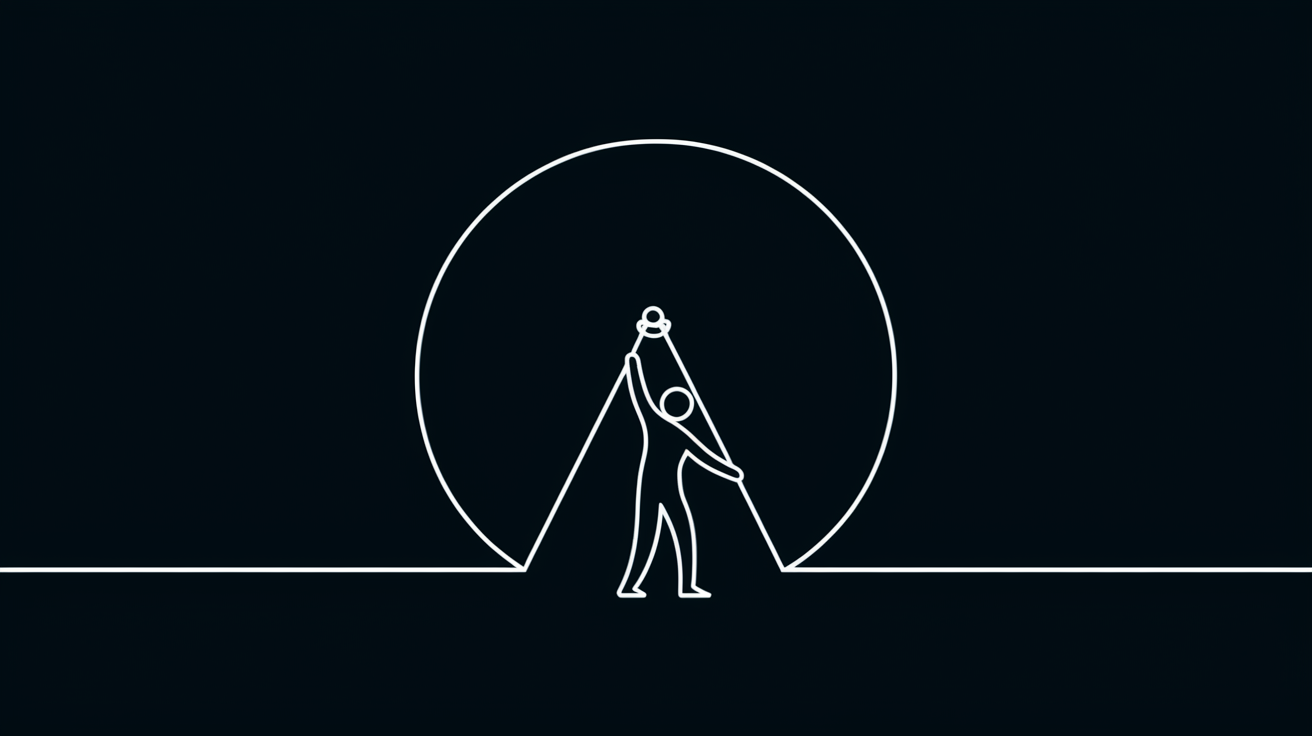Why do humans exist? I mean, why are we here in this world?
I’m not here to answer these questions because they are very difficult and controversial to answer. Understanding the purpose of human existence might take a lifetime to uncover, and I believe each person will likely have their own different perspectives.
I ask these questions not to answer them but to give you something to ponder as you read through this article.
My Perspective On Existence
As a Christian, I firmly believe that my existence serves to fulfil God’s purpose for my life, a tiny part of God’s greater plan for humanity. This belief shapes how I view life and navigate the challenges it brings.
While I understand that life can happen to us, I also recognise the power we have to influence our reality during our time here on earth.
Stay with me.
Someone said, “Until you change the way you look at life, it won’t change the way it looks at you.” This perspective resonates deeply with me, and it has shaped my journey.
The Power of Information Technology
One of the things I am profoundly grateful for in my lifetime is the advancement of information technology. This is not only because of how powerful and influential it’s been for many decades now but also because of how it has transformed my life in different ways.
Through information technology, I have:
- I have used it to educate myself.
- I have used it to create opportunities for myself.
- I have used it to change my financial status.
- I have used it to meet and connect with wonderful people globally.
- I use it to fulfil my purpose on a daily basis.
In my life, information technology has been a tool for immense positive impact.
One of the most influential products of information technology is the smartphone. According to research, over 2.71 billion people worldwide use smartphones. These devices allow us to install apps that solve specific problems—whether for business or social purposes.
For example, social media apps are a prime product of this evolution.
How It All Started
In 1997, SixDegrees.com launched as the first social networking site.
Wikipedia states that SixDegrees provided users with the following options:
- Create personal profiles.
- List friends, family, and acquaintances.
- Send messages and post bulletin board items.
- See connections up to three degrees of separation.
Users have the ability to send messages and post bulletin board items to individuals in their first, second, and third degrees, and can view their connections to other users on the site.
SixDegrees was one of the first social networking sites that later became highly popular, paving the way for more popular platforms like Facebook, MySpace, LinkedIn, XING, and eventually Facebook.
Now fast forward to today.
Social media has changed the world, especially in business, giving entrepreneurs and small business owners the ability to connect with customers on a global scale. It has also given content creators the ability to reach a larger audience, sell their brand, and, monetise their creativity in what is now known as the Creator Economy.
While we are all aware of the benefits social media brings, my goal here is to shed light on its darker side—particularly how it fuels addiction and affects our mental health and productivity.
So let me ask you a question.
Have you ever wondered why social media platforms don’t charge you for using their platforms? In other words, they don’t collect any money from you unless you use their platform to advertise your business.
The answer lies in data. You pay for these platforms with the information you provide:
- Deliberately: Data from registrations, posts, searches, and shared content.
- Unintentionally: data from likes, shares, comments, time spent, scrolling patterns, and clicks.
This is referred to as information for information purposes.
This data fuels the platforms’ algorithms and business models, often designed to keep you hooked.
Do you check social media right away after waking up?
Do you spend a lot of time on YouTube?
Do you find yourself keep scrolling on Instagram, especially when you had planned to just quickly check something?
Well, you’re not wholly to blame, and you are also not alone.
Around 60% of the global population uses social media, and users spend an average of about two and a half hours daily on Instagram, Twitter, TikTok, and Facebook.
Social media is a double-edged sword. The social aspect of the technology is why we seek it out; everyone needs real connection with others, everyone wants to be heard, everyone wants to be loved. But the media aspect is detrimental on us physically.
Surprisingly, excessive use of technology, which should bring us closer, can actually make us feel more alone. It has the power to destroy the purpose of our existence.
These days, people can’t do without social media; some people get their sense of worth from Facebook or Instagram.
Here’s how these platforms keep you hooked:
- Dopamine Release and Reward System: Social media triggers the brain’s reward system by releasing dopamine, a neurotransmitter associated with pleasure and motivation. Our brain uses dopamine to keep track of things that are worthwhile to repeat. When you engage in activities that bring you joy, your brain releases dopamine. However, our dopamine system can’t differentiate between healthy behaviours like eating enough food and unhealthy ones like using drugs. So when users receive likes, comments, or shares, they experience a small dopamine boost, encouraging them to return for more. This creates a cycle of seeking validation and engaging with the platform for rewards.
- Intermittent Reinforcement: Platforms use the concept of variable rewards to keep users hooked. Similar to a slot machine, users don’t know when they’ll receive a notification, like, or intriguing post. This unpredictability makes the behaviour compulsive. The anticipation of a potential reward drives repeated checking.
- Infinite Scrolling and Content Streams: Features like infinite scrolling and autoplay videos keep users consuming content without a natural stopping point. This design makes it difficult to disengage, as there’s always “just one more post” to see. YouTube has the autoplay videos feature, where even just scrolling through videos, they play automatically.
- Fear of Missing Out (FOMO): Social media fosters FOMO, a psychological phenomenon where users fear missing out on experiences, updates, or trends. This compels people to constantly check their feeds, staying up-to-date on their network’s activities.
There are a whole lot of others, but the fact remains that the high from social media becomes increasingly difficult for anyone to resist after the brain encounters these dopamine and pleasure surges, leading to patterns of addictive behaviour.
One transformative power of knowledge and information is that it brings deliverance.
If you’d ever accomplish whatever it is you are leaving for here on earth, especially in this era of information overload, breaking free from excess phone usage and excess social media consumption is important.
So, how can we break free from this addiction or trap?
Here are some measures to take:
- Digital Detox: Practice the act of intentionally disconnecting from your smartphone devices and social media. This can help to reset brain function and improve focus. Personally, I always keep my phone on silent and turn off all notifications. When I wake up in the morning, I intentionally don’t touch my phone until after 9 a.m., after I have done some morning routines like exercising and studying.
- Mindful Usage: Unfollow or unsubscribe from accounts that do not contribute to your growth in terms of content. Be mindful of the content you choose to like and interact with, as this will influence the content that appears in your news feed.
- Minimal Usage: Personally, I only use social media when I want to share educational content. I usually set a timer and close the app when the timer expires. If you want to use social media, just be careful about the time you are spending on these platforms.
Final Thoughts
Knowledge is transformative. It brings awareness and, ultimately, deliverance. In this era of information overload, escaping the grip of excessive phone and social media use is essential if you wish to accomplish your purpose.
I read Cal Newport’s book Deep Work sometime last year. I read this book because I understood the times we are in and I needed to cultivate and learn the habit of deep-focused work (getting things done regardless of the noise and distractions around me).
The first step to escaping this addiction is awareness, which obviously this letter has tried to address. The next is a consistent, deliberate effort to build healthier habits.
Remember: The technology that connects us can also control us—unless we control it first.
I hope this letter can help you change how you spend your time on your smartphone(s) and social media.
Thank you.
— Destiny.

